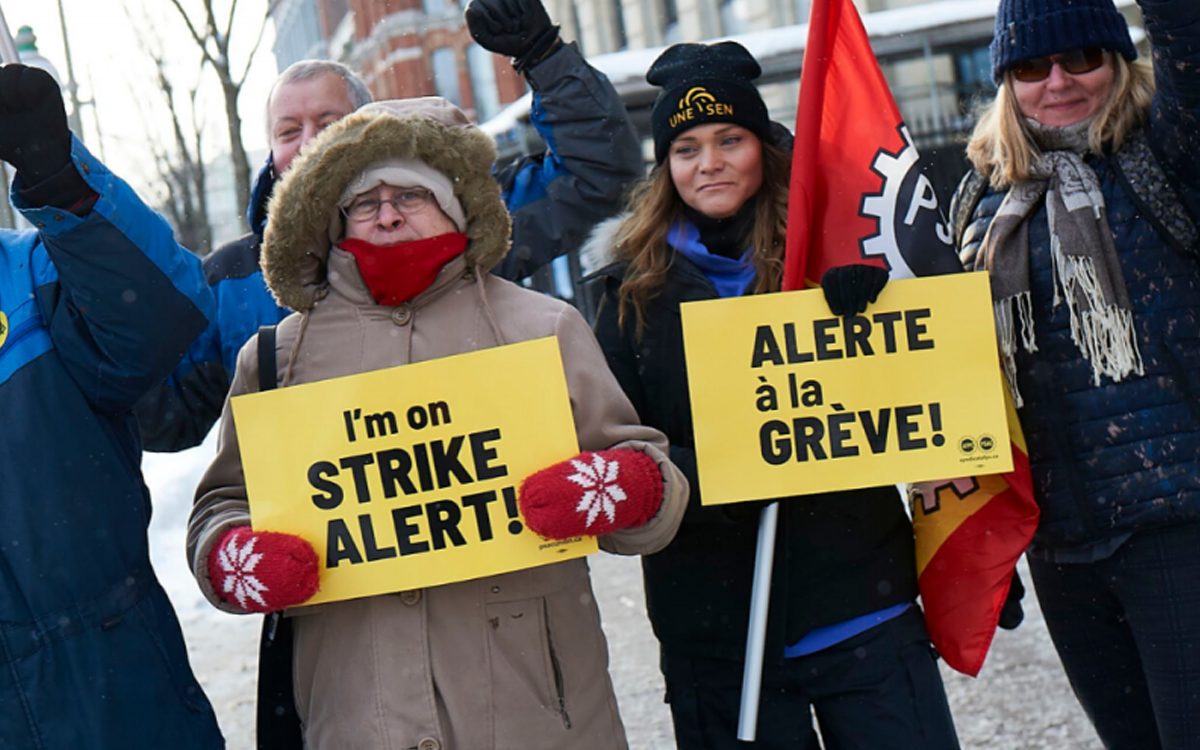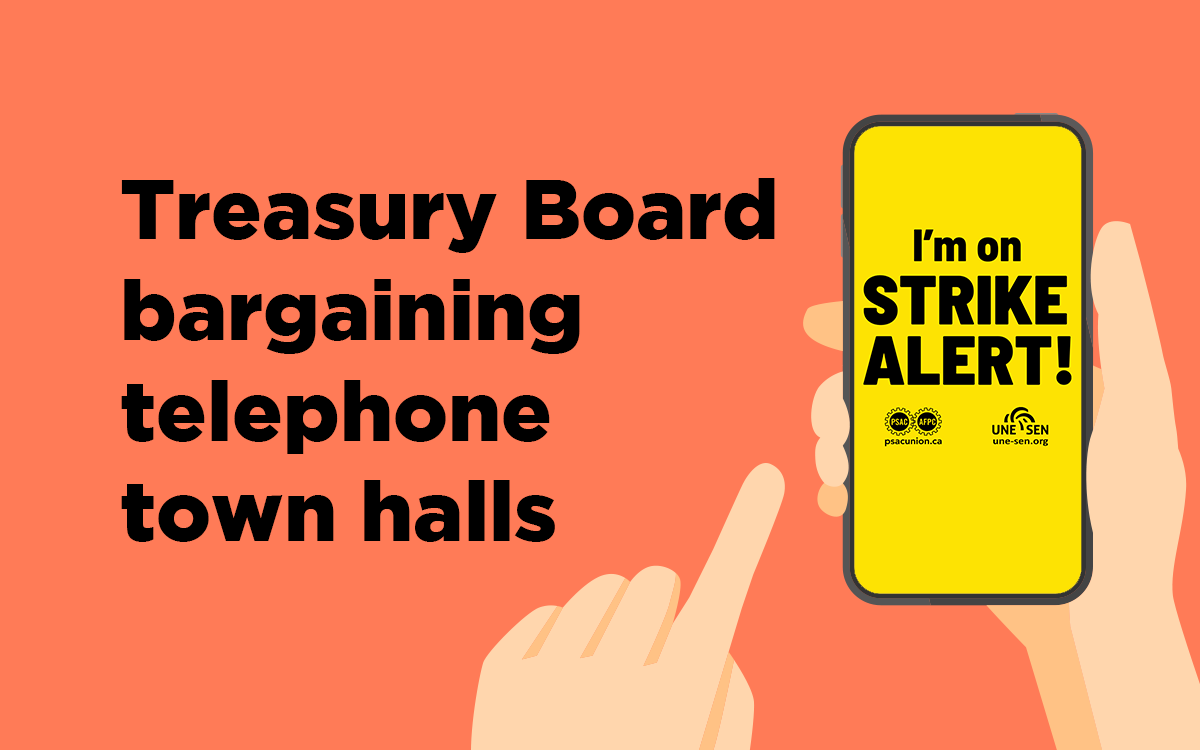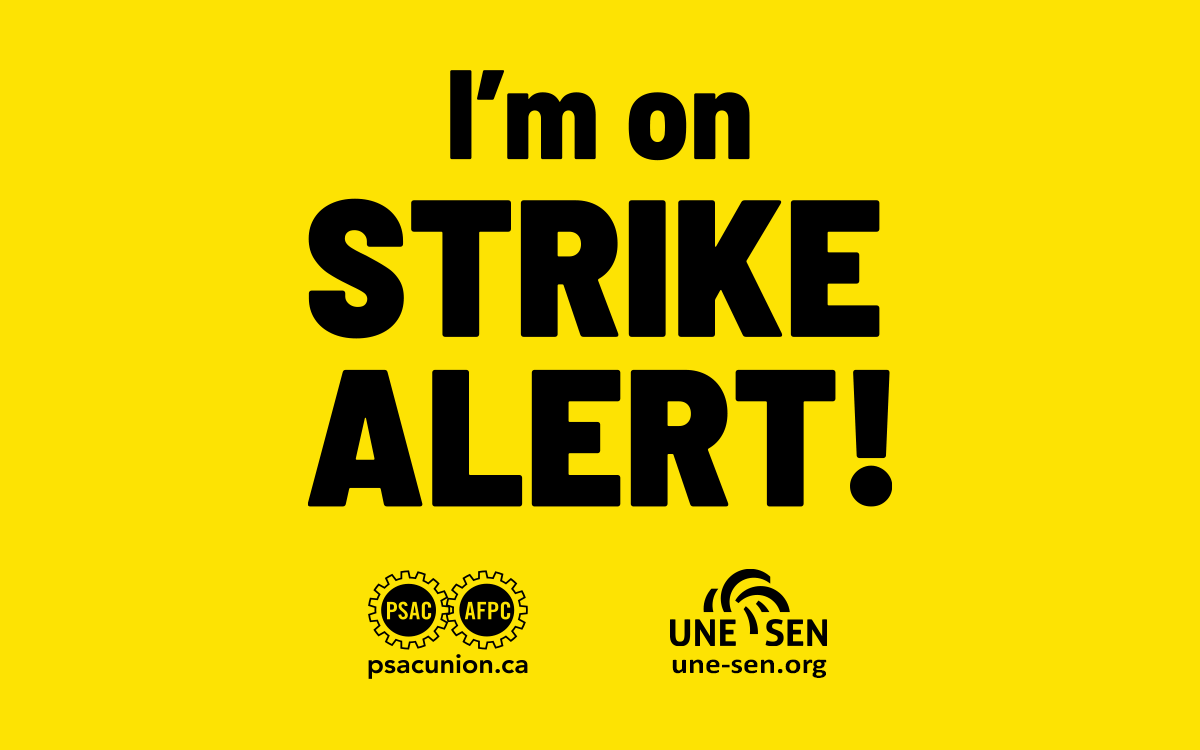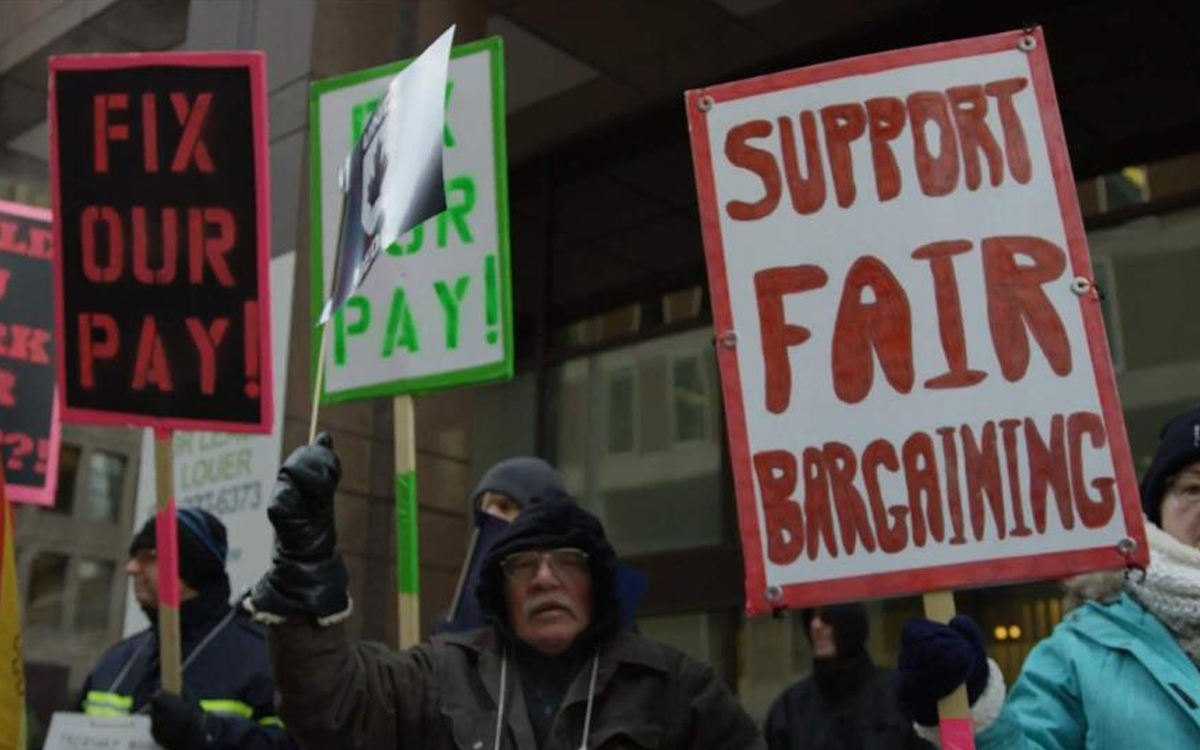
Much of what PSAC members have heard about Phoenix damages focuses on the government’s general damages offer of five days of leave for the last four years of hardships. You may not know that we’re negotiating more than just compensation for general damages. Here’s the breakdown:
A three-part settlement
The Phoenix compensation agreement we are seeking has three main elements:
- General damages compensation for all: This is universal compensation for everyone, regardless of their circumstances. Unlike an out-of-pocket expense, or a direct financial impact, this will cover all the general hardships suffered throughout the public service such as: personal time lost trying to resolve pay issues, delays in career advancement (forced to avoid acting assignments, transfers, etc.), high levels of anxiety and stress, cancelling of parental and other personal leave to avoid being Phoenixed, reduction in support of family members, delayed retirement – to name a few.
- Strengthening the current expense claims process: This is largely for out-of-pocket expenses caused by Phoenix pay problems, such as interest on lines of credit, bank charges, etc. We successfully negotiated this claims process years ago for our members but we intend to legally enshrine this claims process moving forward and strengthen key language in order to ensure our members can continue to get the reimbursements they are owed.
- Expanding the expense claims process to include greater financial hardships: Many thousands of PSAC members experienced far more than general damages, or out-of-pocket expenses – this would allow them to claim those specific damages. This includes things like major financial losses (cars, homes, investments etc.), and longer-term impacts like ruined credit ratings.
Why PSAC still doesn’t have a settlement
We are largely satisfied with our negotiations surrounding the strengthening of the current expense claims process and expanding it to include more significant financial hardships. Therefore, two of the three parts of the proposed settlement are not a problem. The major stumbling block is the government’s offer on compensation for general damages.
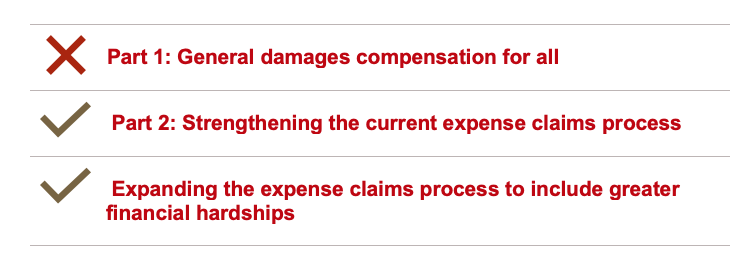
Let’s look at why we rejected this part of settlement:
The Liberal government has offered what amounts to 1.25 days of leave per year for each member who has worked for the federal government since 2016. Entitlement to that leave would be the following:
| 2016/2017 |
2 days leave |
| 2017/2018 |
1 day leave |
| 2018/2019 |
1 day leave |
| 2019/2020 |
1 day leave |
All members would be entitled to the above leave if they worked for any part of the relevant year. Both full time and part time employees would qualify for the full amount.
Former employees and retirees would need to apply for this compensation directly and would receive it as a cash payment according to the value of the days of leave they would have been entitled to.
This offer is unacceptable for two key reasons:
- Five days of leave is far too little to compensate for over four years of general damages across the entire public service.
- Most importantly, it’s not an equitable solution. It rewards the highest earners because their days of leave are worth more when cashed-in, punishing lower paid employees, many of whom have suffered the most.
Why should a Program Manager receive double the compensation compared to an Administrative Assistant? And why should that same Administrative Assistant get a third of what a diplomat in the public service would receive?
It’s completely unjust and there’s no reason for it.
The general damages portion of this agreement is going to be our one chance to account for all the impacts of the last four years that can’t easily be demonstrated through receipts, invoices, bank statements, etc. The final amount has to be better than what the government put on the table, and it must be equal for everyone.
We are using our bargaining strength to win Phoenix damages
At the start, PSAC and other federal public service unions sat down together with the federal government to discuss compensation for the harm done by Phoenix. However, these discussions took place outside of the collective bargaining process giving the unions little leverage to get a fair deal. When the other unions accepted the Phoenix compensation offered by the federal government, PSAC made it clear that agreement on Phoenix damages is one of our priority demands in collective bargaining.
The union did this for two main reasons:
- It would strengthen our ability to get a better Phoenix damages deal. While we’re bargaining for new collective agreements the union has the most leverage and power. If we were to settle our collective bargaining first, we would have few mechanisms left to get a fair Phoenix damages settlement.
- Trying to negotiate Phoenix damages separate from bargaining has already been proven unsuccessful. PSAC was originally part of the group of 15 federal public service unions that negotiated for years to get to the current offer of five days of leave. Without being tied to a formal process where unions have some leverage, the government refused to improve their meagre offer.
Why hasn’t PSAC filed a class action lawsuit?
Unlike non-unionized workers who might have to rely on a lengthy and expensive class action lawsuit, PSAC members are already part of a certified class – their union – and can seek a resolution directly with the government. Unlike a lawsuit that would wind its way through many years of the legal system with an uncertain outcome, we can negotiate more quickly with the government and ensure we only settle for the best deal. In addition, PSAC members will not have to pay a significant percentage of their settlement to a law firm as they would if they were forced into a class action lawsuit.
Source: http://psacunion.ca/phoenix-damages-everything-you-need-know-about

